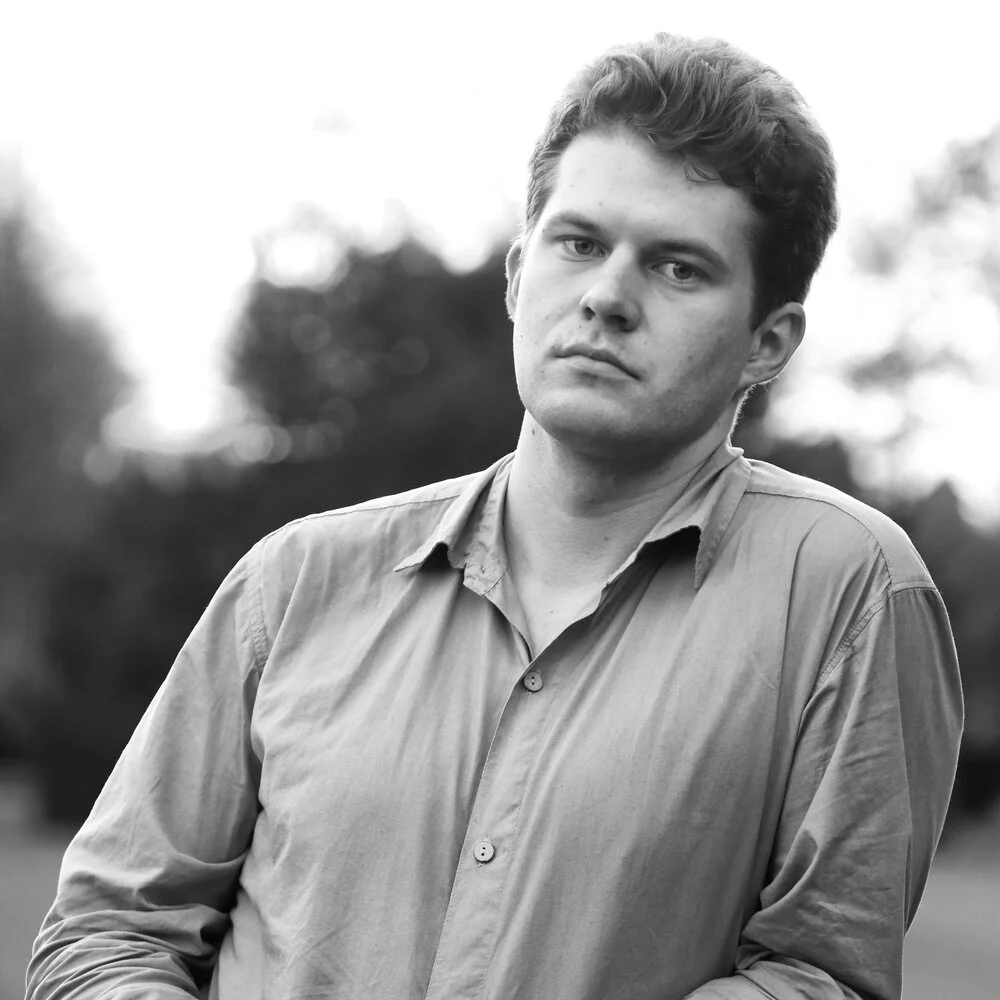ROWIN SNIJDER - Founder, Le Compostier, Creator of “Worm Hotels” Community Composting - Highlights
/Founder of Le Compostier, Creator of “Worm Hotels” for Community Composting
Know first of all that we are not separate from nature, but that we are part of it. To not even think of what is the benefit for me from it. I find it a very beautiful the concept of the food forest. Like you're actually building soil, and then the surplus is that you get some food back. To focus more on giving than on taking, especially for children.
What I like to teach my children–really look at what is your talent, what drives you and how you think you can use that to improve and to create more harmony. I think is very important. Do not think so much about what others expect from you, but what is really driving you? I think that's very important to find out and go for it.



















